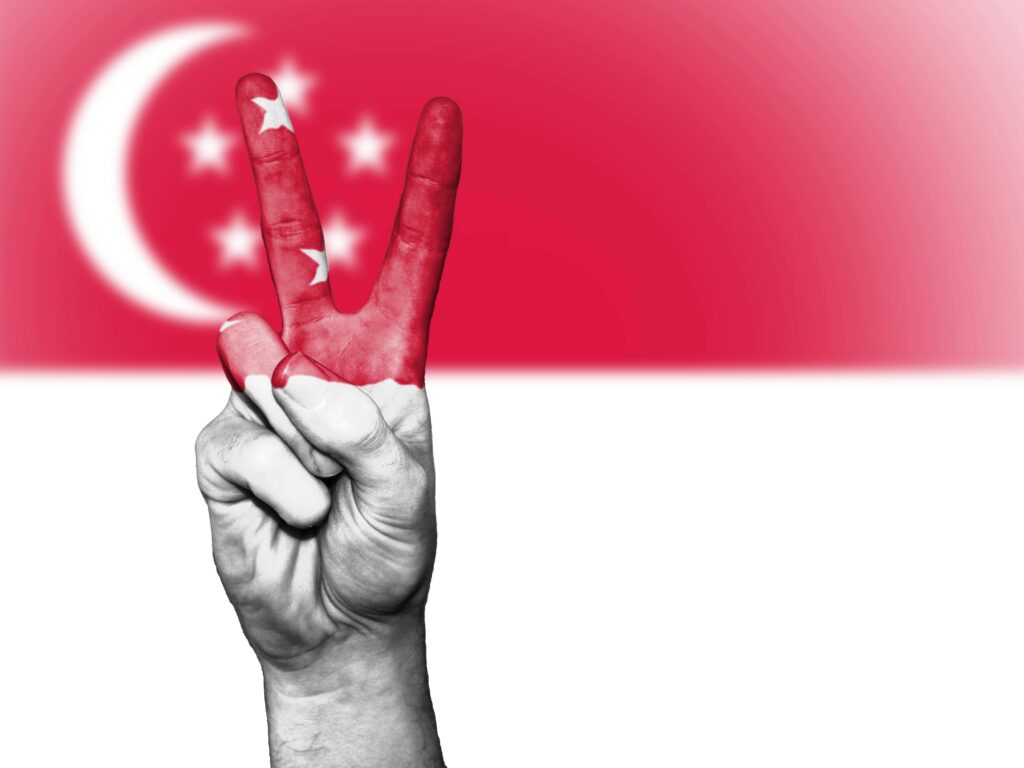
As a small but strategically significant nation, Singapore’s foreign policy has always been marked by pragmatism and adaptability. In recent months, the city-state has continued to refine its approach in response to shifting global dynamics and regional developments. Here’s a closer look at Singapore’s latest foreign policy initiatives and strategies.
Read more article here: https://learntodrivesg.com/
1. Strengthening Regional Ties
Asean Leadership: Singapore remains committed to bolstering its leadership role within the Association of Southeast Asian Nations (ASEAN). In recent discussions, Singapore has advocated for a unified regional response to issues such as the South China Sea disputes and economic disruptions caused by global trade tensions. The city-state’s emphasis on diplomatic dialogue and collective action reflects its belief in ASEAN’s ability to manage regional challenges effectively.
Enhancing Bilateral Relations: Singapore continues to deepen its bilateral relationships with key regional partners. Notably, its ties with Malaysia and Indonesia have seen renewed focus. Collaborative projects in areas such as infrastructure development, environmental sustainability, and counter-terrorism are at the forefront of these partnerships.
2. Navigating Great Power Rivalries
Balancing Relations with Major Powers: Singapore’s foreign policy underscores its strategic balancing act between major global powers, particularly the United States and China. As both countries vie for influence in the Asia-Pacific region, Singapore has adopted a cautious approach, advocating for a rules-based international order and promoting open and inclusive regionalism.
Economic Diplomacy: The city-state’s economic diplomacy has been instrumental in maintaining strong ties with both the US and China. Singapore continues to leverage its status as a global financial hub to attract investment and foster economic cooperation, while also participating in multilateral initiatives aimed at addressing trade imbalances and promoting economic stability.
3. Embracing Multilateralism
Supporting International Institutions: Singapore remains a staunch supporter of international institutions such as the United Nations and the World Trade Organization. Its recent efforts have included advocating for reforms to these institutions to better address contemporary global challenges. Singapore’s active participation in global discussions on climate change, public health, and cybersecurity highlights its commitment to multilateral solutions.
Promoting Sustainable Development: In line with its focus on multilateralism, Singapore has been a vocal proponent of sustainable development goals. The city-state has championed initiatives that address climate change, promote renewable energy, and advance global health. Its hosting of international conferences and workshops on these issues underscores its role as a key player in global sustainability efforts.
4. Adapting to Emerging Challenges
Cybersecurity and Technology: Recognising the growing importance of cybersecurity and technological advancements, Singapore has prioritised these areas in its foreign policy. The city-state is investing in strengthening its cyber defence capabilities and is actively involved in international discussions on digital governance and data privacy.
Geopolitical Shifts: As geopolitical shifts continue to reshape the global landscape, Singapore’s foreign policy remains agile and responsive. The city-state’s diplomatic efforts include engaging with emerging powers and navigating new alliances to ensure its interests are protected in an increasingly complex environment.
Conclusion
Singapore’s latest foreign policy reflects a nuanced understanding of the global and regional landscape. By focusing on regional cooperation, balancing major powers, supporting multilateralism, and addressing emerging challenges, Singapore remains a key global player. As the global order evolves, its pragmatic approach will be vital for shaping future foreign policy.






